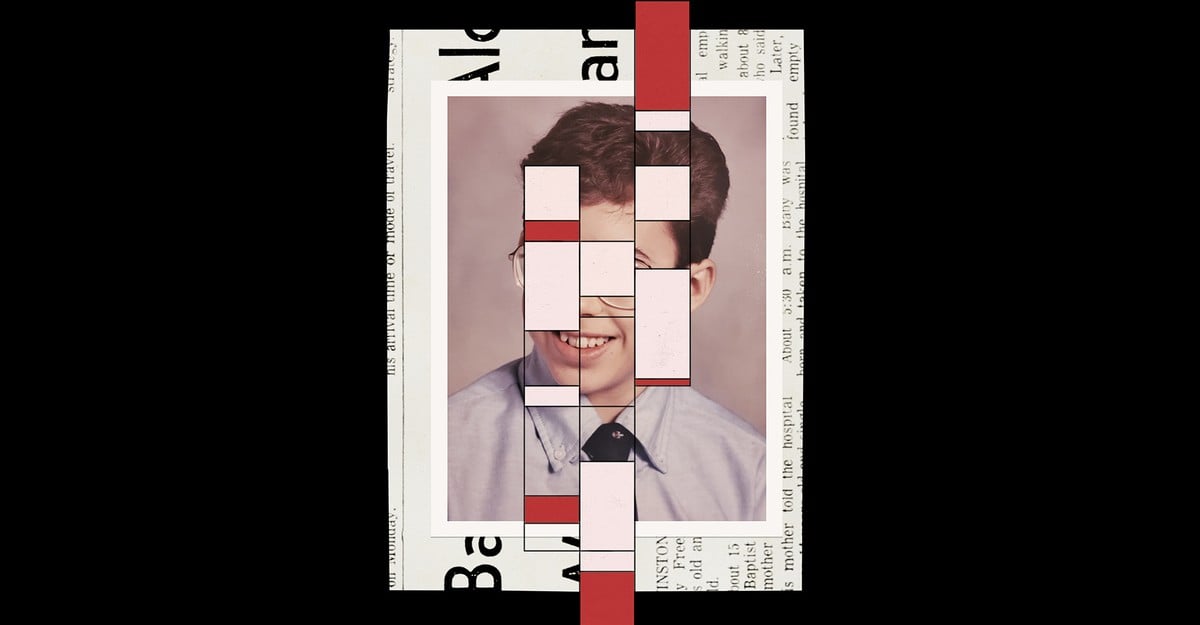The geneticist Jim Wilson, at the University of Edinburgh, was shocked by the frequency he found in the U.K. Biobank, an anonymized research database: One in 7,000 people, according to his unpublished analysis, was born to parents who were first-degree relatives—a brother and a sister or a parent and a child. “That’s way, way more than I think many people would ever imagine,” he told me. And this number is just a floor: It reflects only the cases that resulted in pregnancy, that did not end in miscarriage or abortion, and that led to the birth of a child who grew into an adult who volunteered for a research study.
Most of the people affected may never know about their parentage, but these days, many are stumbling into the truth after AncestryDNA and 23andMe tests.



deleted by creator
Ick.
I’m sure they do a lot more tracking than that. It may also be that some of these niches are more likely to have “whales”. One whale might be more profitable than many/all freeloaders
That’s a good point i haven’t heard anyone else mention. The combination of any style of porn with a built in plotline that connects to enough whales will probably proliferate damned quick one a few people get some success with it
That’s the easy and probably true answer. They have tons of data, they know what people actively search for and how often. They wouldn’t make it if it wasn’t profitable.